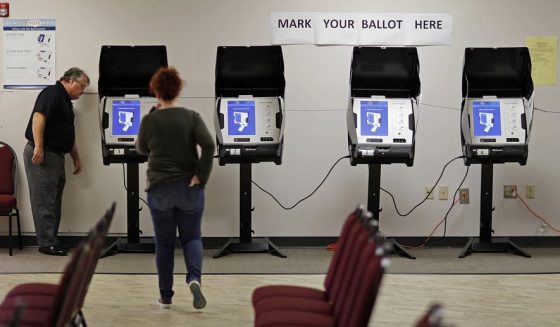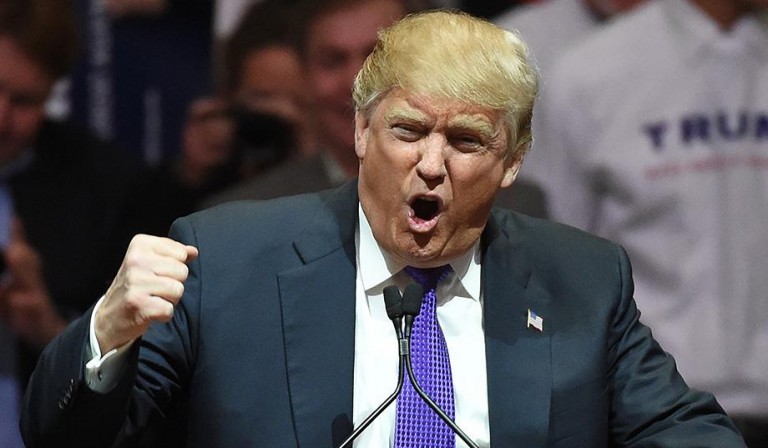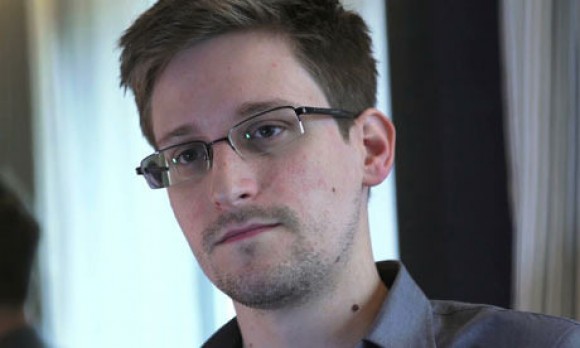By: Denise Simon | Founders Code
Voting day is almost here but millions of votes have already been cast. We can only hope the early voting ballots and the absentee ballots are part of the scrutiny the FBI will be assigned to validate.
In recent days, I have received emails from the FBI regarding assignments to watch for irregularities or abuses. As a sample of the FBI agent deployment, below is one example for the state of New Jersey. Here is another for the Washington, DC area. Boston, Indianapolis, Atlanta, Anchorage, New Orleans, Louisville, Omaha, Jackson, Tampa, Phoenix, Albuquerque, Milwaukee, and Pittsburgh are some of the other cities that have asked for and received FBI voter integrity assistance.
***
Election Crimes
In democratic societies like the United States, the voting process is a means by which citizens hold their government accountable; conflicts are channeled into resolutions and power transfers peacefully. Our system of representative government works only when honest ballots are not diluted by fraudulent ballots. The FBI, through its Public Corruption Unit, has an important but limited role in ensuring fair and free elections. Election crimes become federal cases when:
- The ballot includes one or more federal candidates;
- The crime involves an election official abusing his duties;
- The crime pertains to fraudulent voter registration;
- Voters are not U.S. citizens.
Federal election crimes fall into three broad categories—campaign finance crimes, voter/ballot fraud, and civil rights violations.
Campaign finance
- A person gives more than $4,600 to a federal candidate (various limits apply for donations to and from committees and groups);
- A donor asks a friend to give money to a federal candidate, promising to reimburse the friend; the friend makes the donation and the real donor reimburses him;
- A corporation gives corporate money to a federal candidate;
- A person who is neither a citizen nor a green card holder gives money to a federal, state, or local candidate.
Civil rights violations
- Someone threatens a voter with physical or economic harm unless the voter casts his ballot in a particular way;
- Someone tries to prevent qualified voters from getting to the polls in a federal election;
- A scheme exists to prevent minorities from voting.
Voter/ballot fraud
- A voter intentionally gives false information when registering to vote;
- A voter receives money or something of value in exchange for voting in a federal election or registering to vote;
- Someone votes more than once in a federal election;
- An election official corrupts his or her office to benefit a candidate or party (e.g., lets unqualified voters cast ballots).
What is NOT a federal election crime:
- Giving voters a ride to the polls;
- Offering voters a stamp to mail an absentee ballot;
- Giving voters time off to vote;
- Violating state campaign finance laws;
- Distributing inaccurate campaign literature;
- Campaigning too close to the polls;
- Trying to convince an opponent to withdraw from a race.
If you think an election crime is occurring, call the election crimes coordinator at your local FBI office.
Wednesday, October 31, 2018
U.S. Attorney’s Office Reminds New Jersey Voters about Election Day Hotline for Complaints of Voting Irregularities or Abuses
NEWARK, N.J. – U.S. Attorney Craig Carpenito announced today that Senior Trial Counsel Allen B.K. Urgent will lead the office’s efforts in connection with the Justice Department’s nationwide Election Day Program for the Nov. 6, 2018, general election.
Urgent, Senior Trial Counsel Mark McCarren and Assistant U.S. Attorney Gabriel Vidoni have been appointed to serve as District Election Officers (DEOs) for the District of New Jersey, and are responsible for handling complaints of election fraud and voting rights abuses in consultation with Justice Department Headquarters in Washington.
“Free and fair elections are the cornerstone of our democracy,” U.S. Attorney Carpenito said. “Every voter must be free to cast a ballot without being intimidated or harassed, and their votes must be counted accurately and without being subjected to fraud of any kind.”
Federal law protects against such crimes as intimidating or bribing voters, buying and selling votes, impersonating voters, altering vote tallies, stuffing ballot boxes, and marking ballots for voters against their wishes or without their input. It also contains special protections for the rights of voters, and provides that they can vote free from acts that intimidate or harass them. Actions designed to interrupt or intimidate voters at polling places by questioning or challenging them, or by photographing or videotaping them, under the pretext that these are actions to uncover illegal voting, may violate federal voting rights law. Federal law protects the right of voters to mark their own ballot or to be assisted by a person of their choice (where voters need assistance because of disability or illiteracy).
In order to respond to complaints of election fraud or voting rights abuses on Nov. 6, 2018, and to ensure that such complaints are directed to the appropriate authorities, U.S. Attorney Carpenito said the DEOs will be on duty in this District while the polls are open. They can be reached by the public at: (888) 636-6596.
The FBI will have special agents available in each field office and resident agency throughout the country to receive allegations of election fraud and other election abuses on Election Day. The local FBI field office can be reached by the public at (973) 792-3000.
Complaints about possible violations of the federal voting rights laws can be made directly to the Civil Rights Division’s Voting Section in Washington, by phone at (800) 253-3931 or (202) 307-2767, by fax at (202) 307-3961, by email to [email protected] (link sends e-mail) or by complaint form at http://www.justice.gov/crt/complaint/votintake/index.php.



















Hopefully, those caught will be subject to the harshest possible penalties! Without penalties, there is no fear, and this will allow their criminal activities to continue…